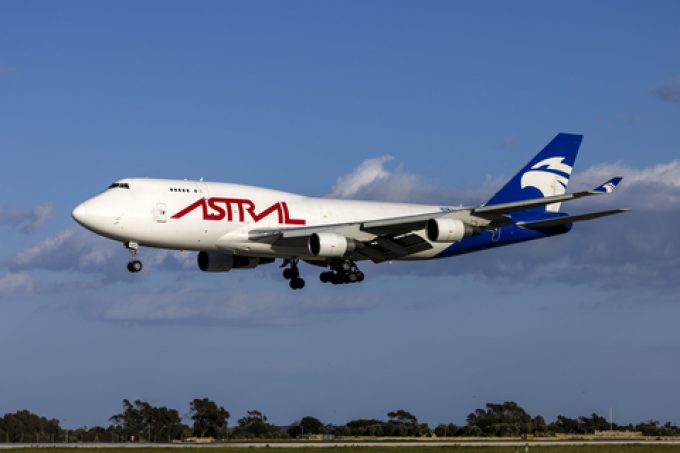Kenyan flower exporters urge airlines to add capacity
Kenyan flower exporters have warned that the rate and capacity levels in air cargo are ...

There is plenty of activity at Kenya-based cargo operator Astral Aviation, with new AOCs, a new airline in the pipeline and, reportedly, new investment.
In June, reports surfaced that Astral was setting up three more cargo subsidiaries alongside Suid Cargo Airlines, a South African start-up announced at Air Cargo Africa in February.
Other reports suggest Astral is looking to inject fresh cash for new airline ventures in Europe, the Middle East and Australia.
“We are making good progress with our new AOC in ...
'Disastrous' DSV-Schenker merger would 'disrupt European haulage market'
New senior management for DSV as it readies for DB Schenker takeover
Volumes set to 'fall off a cliff' as US firms hit the brakes on sourcing and bookings
Asian exporters scramble for ships and boxes to beat 90-day tariff pause
Amazon pushes into LTL for small package fulfilment and UPS does a u-turn
Temporary tariff relief brings on early transpacific peak season
Pre-tariff rush of goods from US to China sees air rates soar, but not for long
Forwarders 'allowing the fox into the chicken run' by supporting 'hungry' carriers

Comment on this article